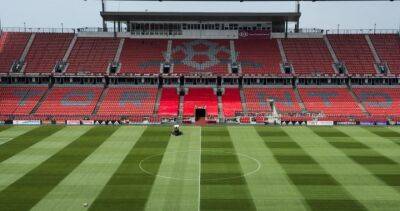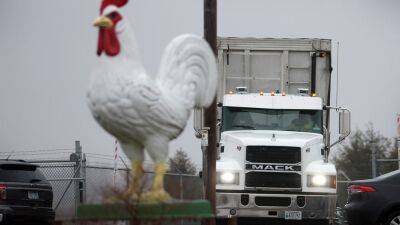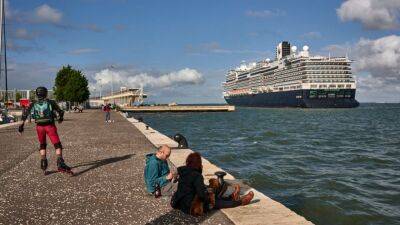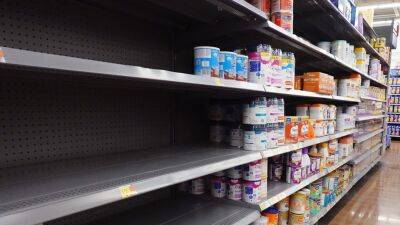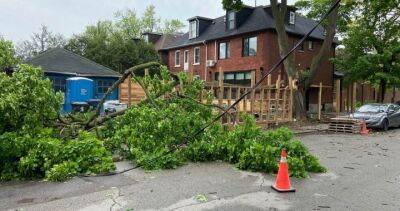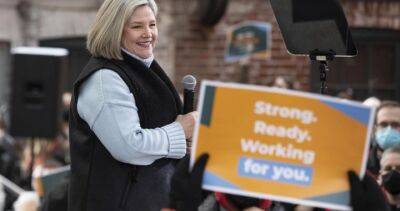Housing affordability in Ontario has eroded faster than any province amid COVID-19: report
Housing affordability in Ontario has eroded at a rate not seen in half a century over the course of the COVID-19 pandemic, a new report suggests, while home prices skyrocketed by 44 per cent across Doug Ford’s premiership.The new report by Generation Squeeze found that with current home prices, a new homebuyer would have to work full-time for nearly 22 years to save up enough money for a 20 per cent down payment on a home — up from 15 years in late 2019.“Ontario has just completely lost control of housing,” said Paul Kershaw, an associate professor at the University of British Columbia and the founder of Generation Squeeze, which studies housing affordability and standard of living across Canada.“We’ve never seen anything like this before in any province at any time in the last 50 years.” ‘I’ll never be able to afford property’: Housing costs key issue for Ontario voters The report, citing Canadian Real Estate Association data, found the average price for a home in Ontario rose to $871,688 by 2021, up 44 per cent from the inflation-adjusted price in 2018 — the year Ford was sworn in as premier.Meanwhile, wages have stagnated, particularly for the typical 25-to-34-year-old, which the report argues has led to “lost work” for those trying to save for a down payment.Over the first two years of the pandemic, Kershaw says those young Ontario residents have lost the value of six years of work that would otherwise be put toward home ownership.
During the same time, residents in British Columbia — where real estate prices have also skyrocketed — lost less than five.“People in Ontario can no longer say, ‘At least we’re not as bad as B.C.’ It’s worse,” said Kershaw.“And this also isn’t just a (Greater Toronto Area) problem.










